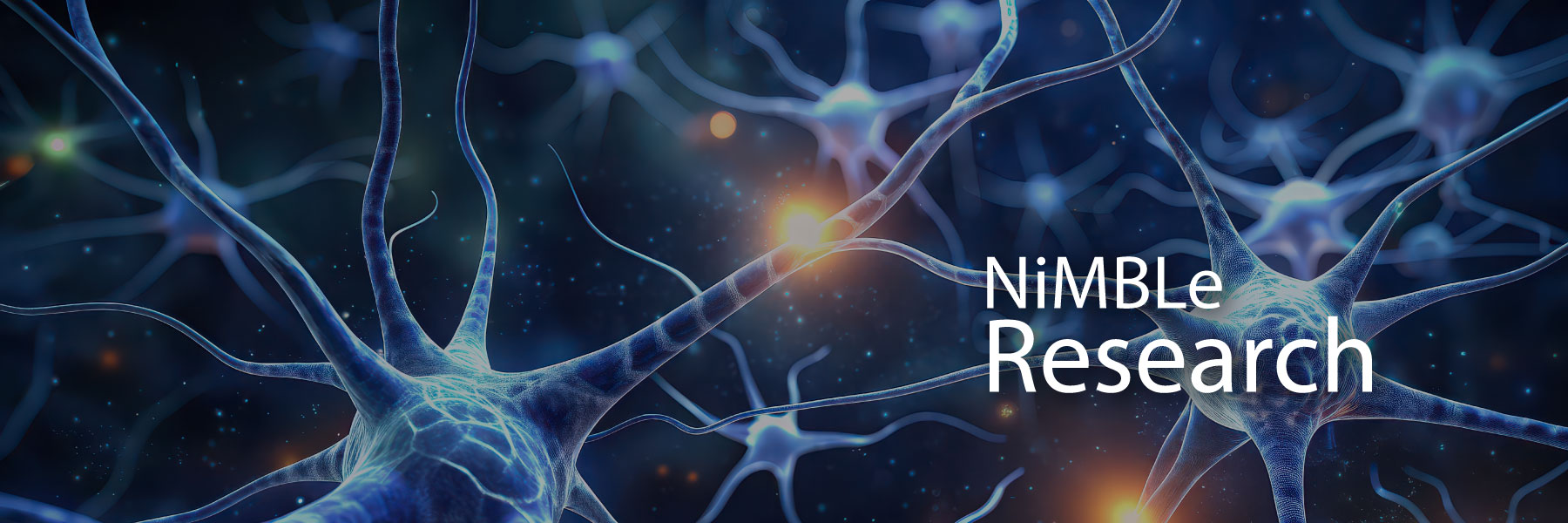Emerging research in social and developmental psychology suggests that age-related cognitive decline may disrupt how older adults evaluate and interact with the social world. For example, some research suggests that older adults become more trusting as they age, and less accurate in understanding what other people are thinking. We are interested in determining how aging affects core social cognitive functions (e.g., theory of mind, social stigma, impression formation). Of interest is how older adults' social cognitive function relates to their social relationships, and may be affected by pathological aging (e.g., Alzheimer's disease). To investigate these questions, we use a multi-method approach that includes behavioral, neuropsychological, and network neuroscience techniques. Our goal is to identify the mechanisms by which healthy and pathological aging disrupt social cognitive function, and ultimately develop interventions to improve older adults' cognitive health. Our work is funded in part by the National Institute on Aging.
People are stigmatized for multiple reasons, including their race, gender, age, and mental or physical health. We are interested in understanding how social stigma manifests in the brain. As such, we use both behavioral and neuroimaging techniques to characterize the mechanisms underlying social stigma. We have found that social stigma is dissociated from other social, but non-stigmatized, targets in less than half a second, and even arbitrarily labeling someone as having a stigmatized condition (e.g., mental illness) changes how they are visually processed. Identifying the mechanisms that give rise to social stigma may greatly enhance our understanding of how to reduce its negative impact on its targets.
Social stigma has numerous negative consequences for its targets. Our current work examines how stigma affects individuals' willingness to seek treatment for addiction, or other mental disorders (e.g., depression, anxiety). Concerns with being stigmatized are one of the primary barriers to seeking mental health treatment. Our lab is involved in statewide and national projects that examine mental health and addiction stigmas, with a particular interest in understanding how such stigmas affect people's willingness to seek treatment. We have found that stigma may reduce the extent to which individuals who suffer from mental illness are perceived to be human. We have also found that mental illnesses (e.g., depression, schizophrenia) are stigmatized for different reasons. For example, individuals who suffer from depression are stigmatized because their illness is seen as being controllable, whereas individuals who suffer from schizophrenia are stigmatized because their illness is seen as being threatening. Mental health stigma does not seem to differ as a function of whether or not the perceiver also suffers from mental illness. We are ultimately interested in developing interventions that reduce stigma's negative impact on its targets.


